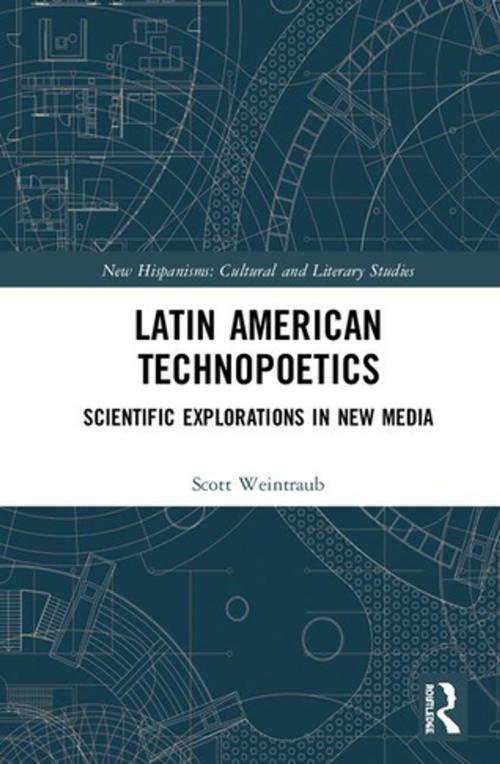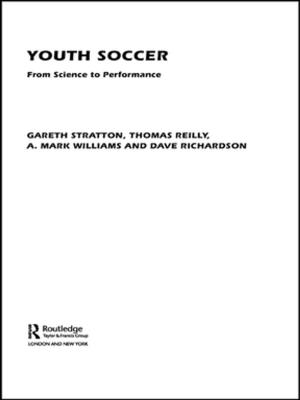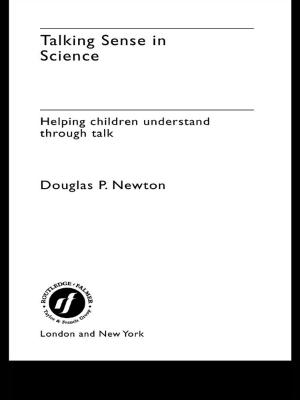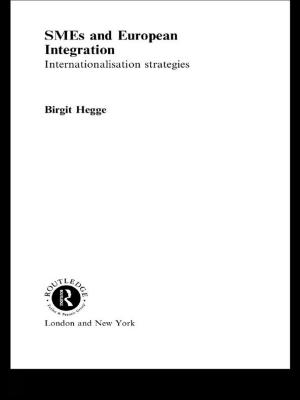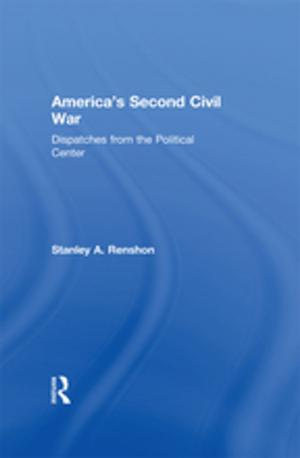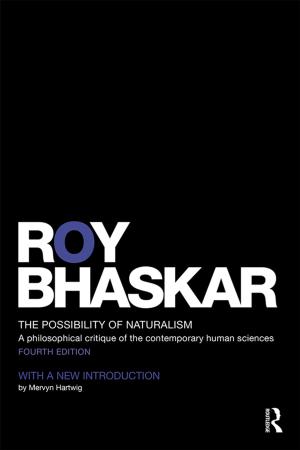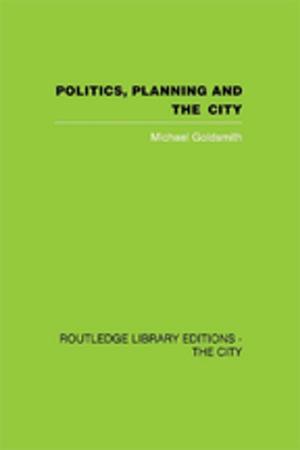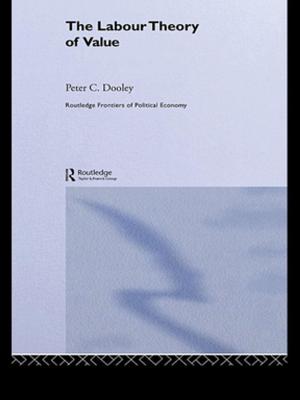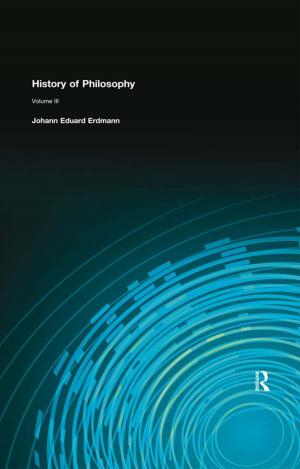Latin American Technopoetics
Scientific Explorations in New Media
Fiction & Literature, Literary Theory & Criticism| Author: | Scott Weintraub | ISBN: | 9780429839382 |
| Publisher: | Taylor and Francis | Publication: | July 17, 2018 |
| Imprint: | Routledge | Language: | English |
| Author: | Scott Weintraub |
| ISBN: | 9780429839382 |
| Publisher: | Taylor and Francis |
| Publication: | July 17, 2018 |
| Imprint: | Routledge |
| Language: | English |
Latin American Technopoetics: Scientific Explorations in New Media analyzes the ways in which poetry and multimedia installations by six prominent poets and artists engage, and in turn are engaged by, scientific discourses. In its innovative readings of contemporary digital media works, Latin American Technopoetics is the first book to investigate the powerful dialogue between recent techno-cultural phenomena, literature, and various scientific fields. This cutting-edge analysis of poetic and artistic experimentation—robots that compose and recite poetry, algorithms that create visualizations of poetic language or of the connections between everyday language and scientific terminology, arrays of multi-dimensional poetic spaces, and telematic and transgenic art—makes a strong case for the increasing viability of a scientific poetics currently gaining prominence in Latin American literary and media studies, digital humanities, and science and technology studies.
Latin American Technopoetics: Scientific Explorations in New Media analyzes the ways in which poetry and multimedia installations by six prominent poets and artists engage, and in turn are engaged by, scientific discourses. In its innovative readings of contemporary digital media works, Latin American Technopoetics is the first book to investigate the powerful dialogue between recent techno-cultural phenomena, literature, and various scientific fields. This cutting-edge analysis of poetic and artistic experimentation—robots that compose and recite poetry, algorithms that create visualizations of poetic language or of the connections between everyday language and scientific terminology, arrays of multi-dimensional poetic spaces, and telematic and transgenic art—makes a strong case for the increasing viability of a scientific poetics currently gaining prominence in Latin American literary and media studies, digital humanities, and science and technology studies.
